Special position of Vietnam's cashew industry
In the early 1990s, the Vietnamese cashew industry began to participate in the global cashew kernel market. After its establishment in November 1990, the Vietnam Cashew Association (VINACAS) quickly embarked on activities to change cashew exports from raw cashew exports to processed and kernel exports. In 1992, Vietnam began exporting cashew kernels to China and in 1994, it began exporting to the United States.
The shift from exporting raw cashews to cashew nuts has helped the Vietnamese cashew industry develop rapidly and gain a good position in the global cashew market. By 2006, for the first time in the history of the world cashew industry, Vietnam surpassed India to become the leading exporter of cashew nuts.
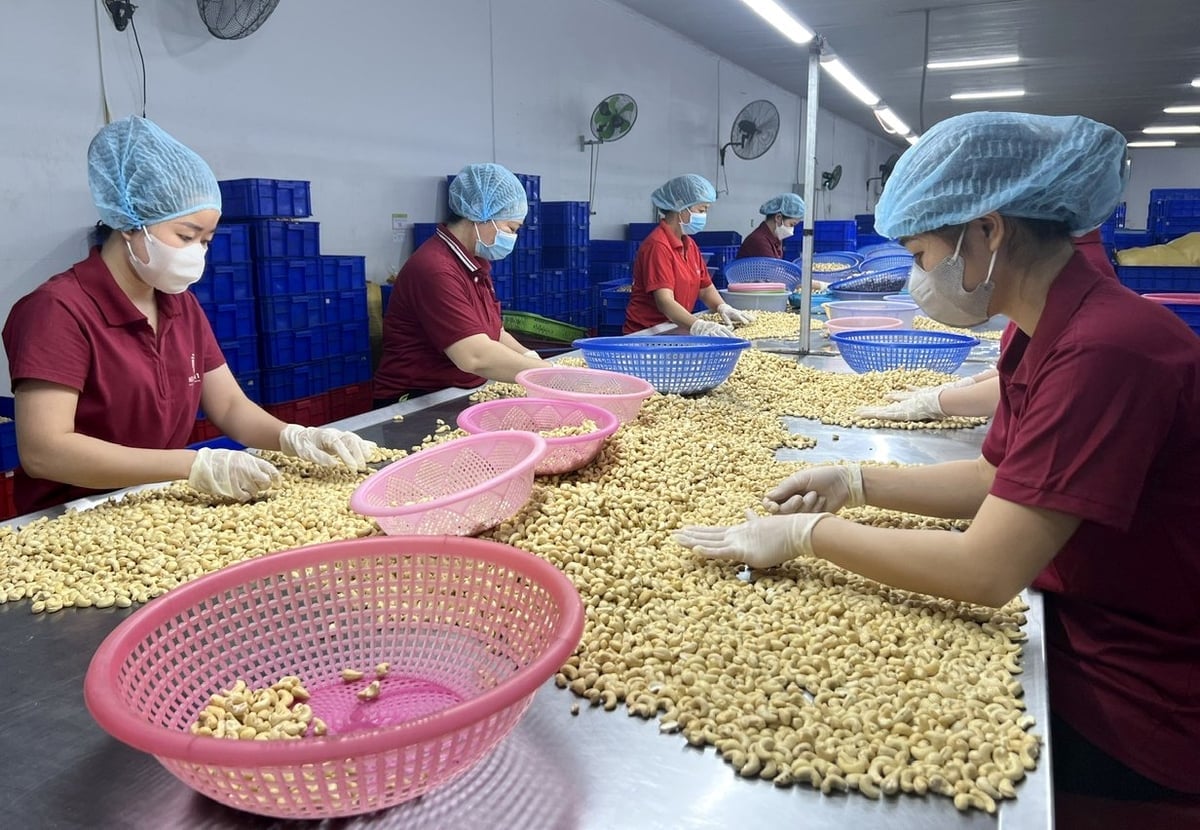
Processing cashew nuts at Hoang Son 1 Joint Stock Company. Photo: Thanh Son .
In particular, since 2010, the Vietnamese cashew industry has grown rapidly and achieved impressive figures. In that success, "Made in Vietnam" machinery and equipment play a prominent role.
Mr. Bach Khanh Nhut, Permanent Vice President of VINACAS, shared that in the past, Vietnamese cashew processing factories used almost 100% manual labor, because the machinery and equipment at that time were very rudimentary. As the number of cashew factories increased, it led to a labor shortage in the cashew industry.
Vietnam’s cashew industry is currently the world leader in both the quantity of cashew nuts exported and the quantity of raw cashew nuts imported. Therefore, in the 14 times VINACAS organized the International Cashew Conference, it attracted the participation of many international agencies and organizations related to cashew nuts and hundreds of domestic and foreign enterprises.
Faced with that situation, in 2008, with the support of the Government, VINACAS implemented a state-level science and technology project called “Completing technology, designing and manufacturing automatic cashew shelling machines and cashew kernel shelling machines in the export processing line” (KC.07/DA 12/06-10). When implementing this project, VINACAS gathered businesses, scientists, mechanical engineers... to invest, research, manufacture, and improve cashew processing equipment and machinery.
In 2010, the Project was accepted and applied to production, creating a "revolution" in cashew processing in Vietnam, completely shifting from manual production to mechanization, thereby greatly increasing processing productivity as well as cashew kernel output, reducing production costs, ensuring quality and food hygiene and safety.
Mr. Vu Thai Son, Chairman of the Board of Directors of Long Son Joint Stock Company, assessed that in recent times, Vietnamese mechanical companies have been very sensitive in researching, manufacturing, and improving machinery and mechanical equipment used in cashew processing factories. Vietnamese machinery serves right at Vietnamese cashew factories, so the editing and improvement are carried out very promptly, helping the machinery and equipment become more and more perfect and effective.
Thanks to the shift to mechanization and automation in many stages, cashew exports have continuously increased in both volume and value. In 2010, the cashew industry became a "billion-dollar" industry for the first time with an export turnover of 1.135 billion USD. In 2015, cashew nut exports exceeded the 2 billion USD mark, in 2017 they exceeded the 3 billion USD mark. In 2024, cashew nut exports reached a record 4.343 billion USD.
In 2012, the amount of exported cashew nuts exceeded 200 thousand tons, then exceeded 300 thousand tons in 2014, exceeded 400 thousand tons in 2019, exceeded 500 thousand tons in 2020, exceeded 600 thousand tons in 2023 and reached a record 725 thousand tons in 2024.
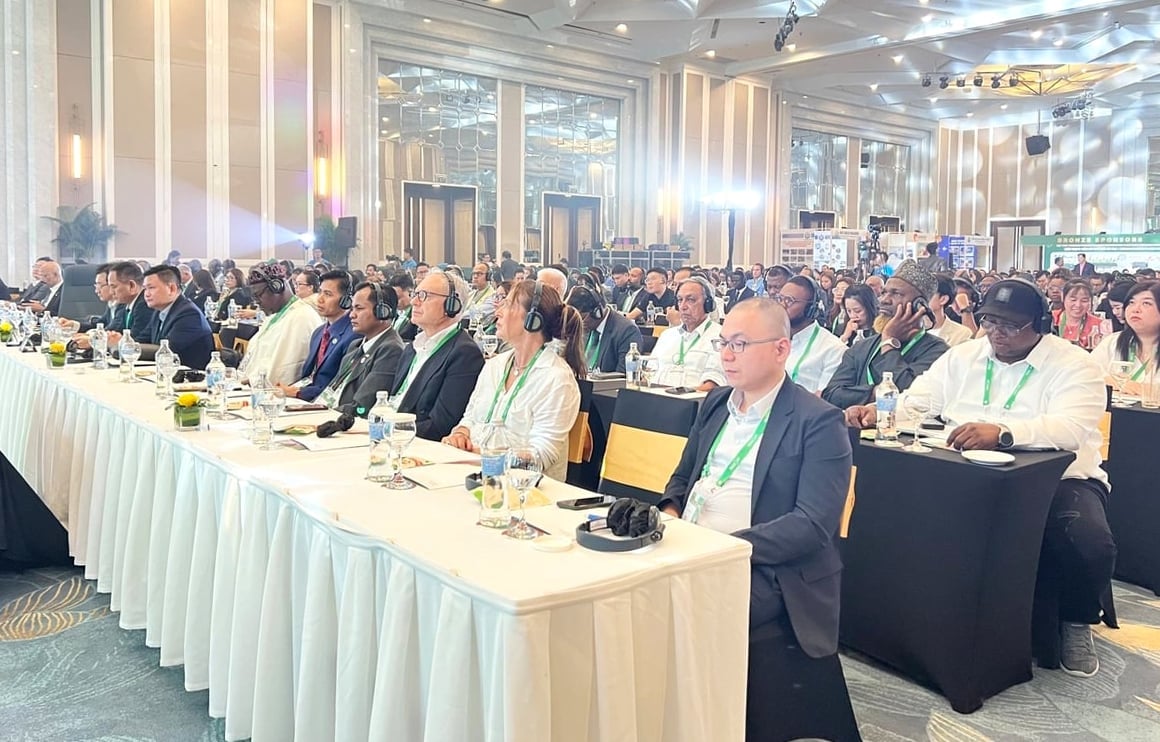
International delegates attending the Vietnam International Cashew Conference 2025. Photo: Thanh Son .
The big challenges
However, the Vietnamese cashew industry is facing major challenges, first of all the development of the cashew processing industry in raw cashew exporting countries, leading to the risk of a shortage of raw cashew resources for the Vietnamese cashew industry - which is heavily dependent on imported raw cashews.
Many cashew growing countries in Africa, which previously exported most of their raw cashew output, have in recent years been stepping up processing to add value to cashews and create more jobs for their people.
At the Vietnam International Cashew Conference 2025, Mr. Alex N'Guettia Assouman, President of the Ivory Coast Cashew Export Association, said that in 2024, the amount of raw cashews that factories in this country will process will be 650 thousand tons, equivalent to the amount of raw cashews exported to Vietnam.
Not only Africa, Cambodia - the country with the second largest cashew production in the world (nearly 1 million tons) and is exporting almost all of its raw cashews to Vietnam, is also considering the possibility of developing the cashew processing industry.
Mr. Vu Thai Son said that the strong development of cashew processing machinery and equipment has not only helped the Vietnamese cashew industry develop rapidly but is also helping African cashew growing countries boost cashew processing. Because in the past, a major obstacle in African countries was the lack of skilled labor, but now it can be completely replaced by machines.
Changes in trade policies of raw cashew exporting countries and cashew nut importing countries are also a big challenge for the Vietnamese cashew industry, typically the reciprocal tax of the United States. In the first 9 months of this year, Vietnam's cashew nut exports to the United States decreased by 35% in volume due to tax policies that have significantly impacted consumers' spending ability.
With these big challenges, Mr. Bach Khanh Nhut said that, first of all, the cashew industry and Vietnamese enterprises must maintain the market and consumer confidence in Vietnamese cashews by improving quality and ensuring food safety. At the same time, promote the development and exploitation of new markets.
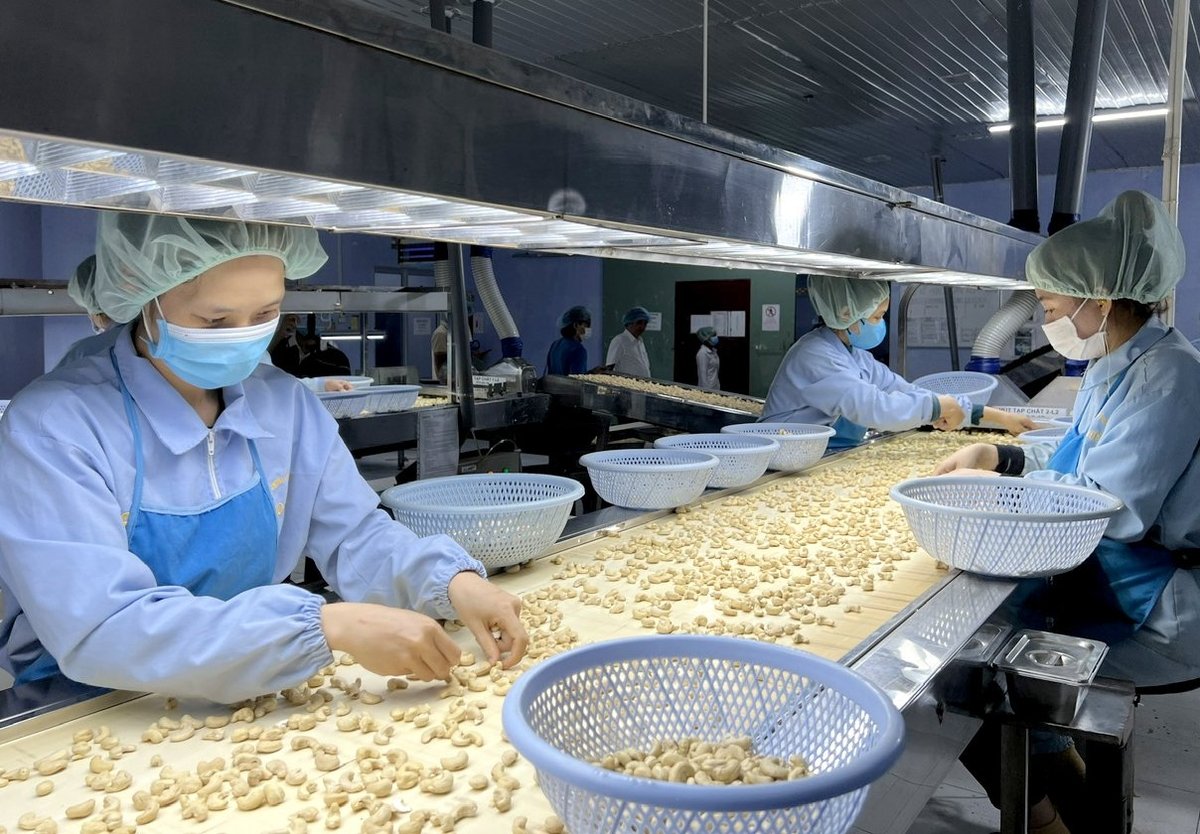
Processing cashew nuts at Long Son Joint Stock Company. Photo: Thanh Son .
In addition, VINACAS recommends that the Government, the Ministry of Agriculture and Environment , and relevant ministries, branches and localities pay attention to developing raw cashew areas to increase Vietnam's cashew output, helping the cashew industry to be more proactive in raw materials.
In recent years, the cashew growing area in our country has decreased significantly due to competition from other crops. Therefore, it is necessary to have policies to restore and expand the cashew growing area in old growing areas. At the same time, promote research and development of new high-yield cashew varieties to replace current cashew varieties.
Another problem is that most of the cashew area is now old. Therefore, VINACAS hopes that the Ministry of Agriculture and Environment will have a cashew replanting program similar to the coffee replanting program to improve the productivity, output and quality of Vietnamese cashews.
According to Mr. Vu Thai Son, to adapt to the fact that raw cashew exporting countries have been and will be applying policies to limit raw cashew exports and promote cashew kernel processing, large enterprises in the Vietnamese cashew industry need to boldly invest in building cashew processing factories in Africa and Cambodia. Long Son Company currently has one factory operating in Ivory Coast and is completing procedures to build a second factory.
In addition, promoting the processing of value-added products will also help businesses increase economic efficiency and have a better position in the market. In Vietnam, there are currently businesses promoting investment in deep processing and exporting value-added products from cashew nuts such as Olam, Dan D Pak, Long Son...
Source: https://nongnghiepmoitruong.vn/vi-the-dac-biet-cua-nganh-dieu-viet-nam-d781281.html










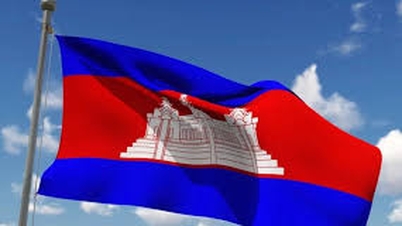
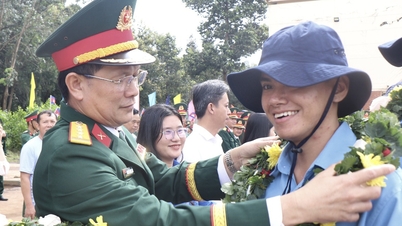



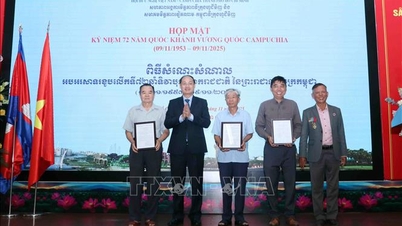
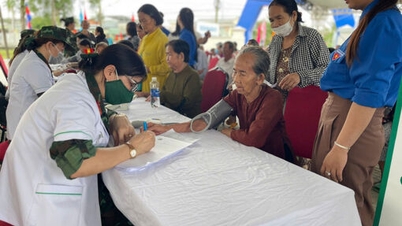




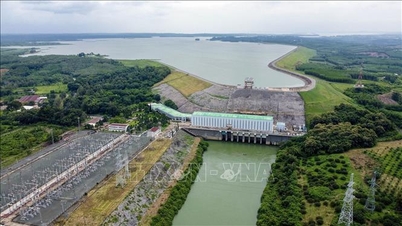
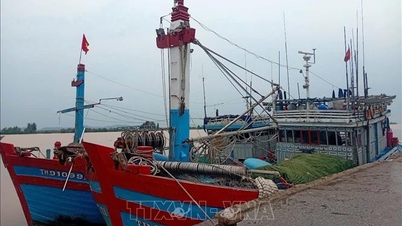
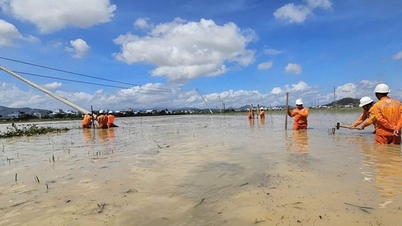

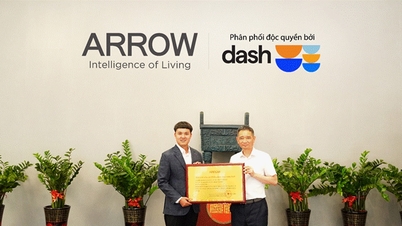





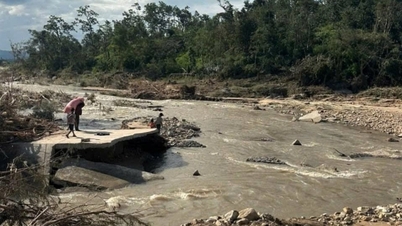
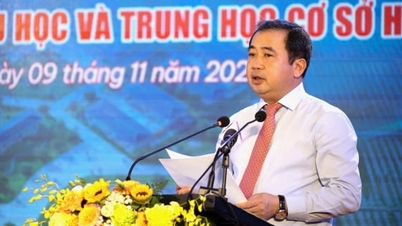
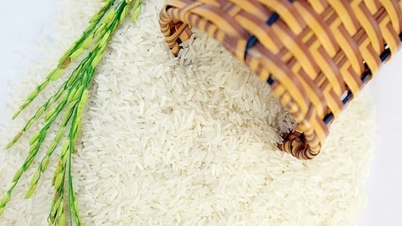









































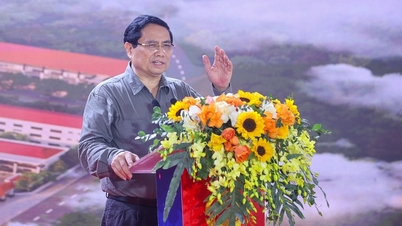



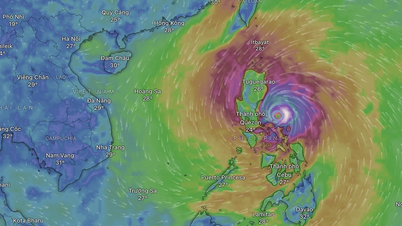









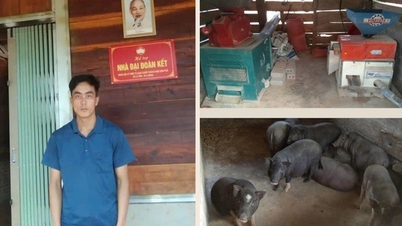
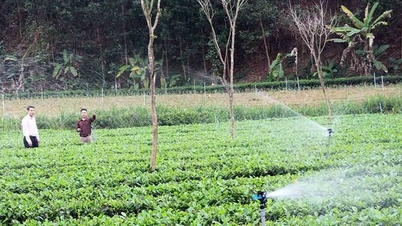
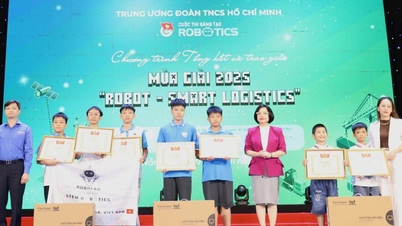





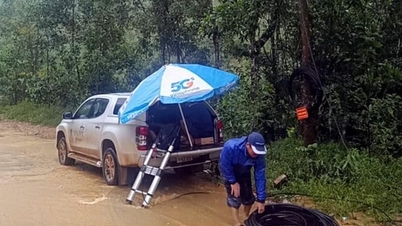



![Dong Nai OCOP transition: [Part 2] Opening new distribution channel](https://vphoto.vietnam.vn/thumb/402x226/vietnam/resource/IMAGE/2025/11/09/1762655780766_4613-anh-1_20240803100041-nongnghiep-154608.jpeg)












Comment (0)